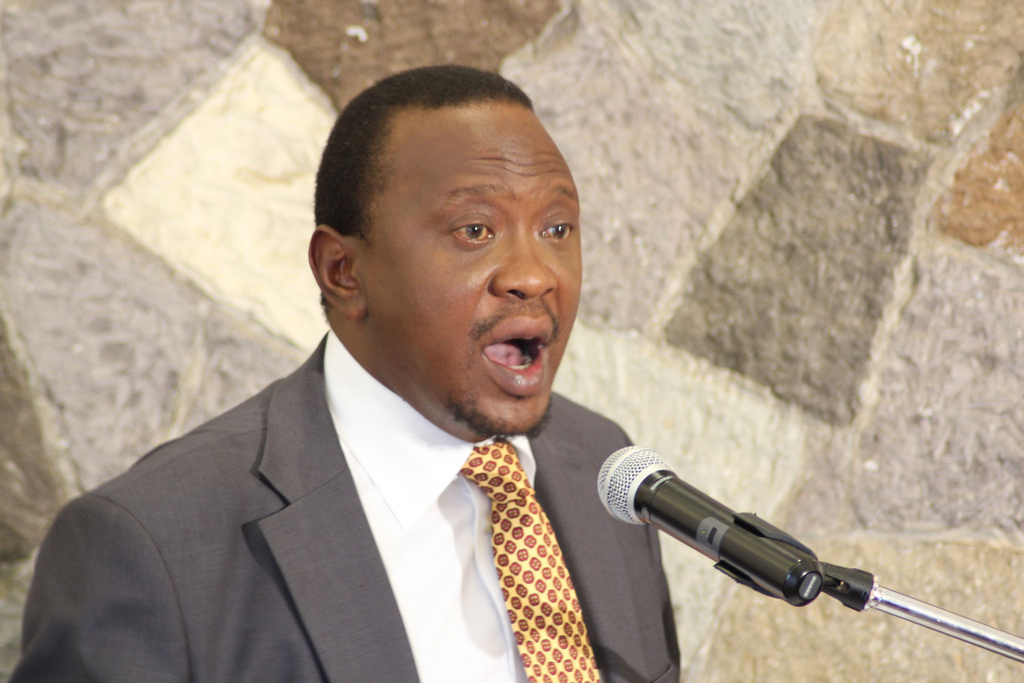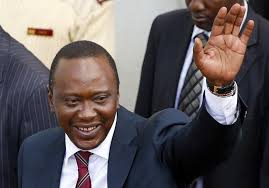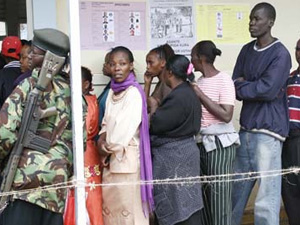
Kenya’s hopes for justice in the hands of the accused
On March 30, the Kenyan Supreme Court faced its most critical challenge to date, as it delivered its verdict on the petition contesting the results of the presidential election held on 4 March. In its landmark decision the judicial body upheld Uhuru Kenyatta’s victory as declared by the Independent Electoral and Boundaries Commission (IEBC) on 9 March. While the verdict was certainly disappointing for Raila Odinga and his supporters, the decision to contest the election through the Courts and – most crucially of all – accept its verdict, is a powerful vote of confidence in Kenya’s reformed judiciary. Odinga’s decision to contest the election through the Courts stands in sharp contrast to the disputed election of 2007-08. Five years ago, lack of faith in Kenya’s judiciary meant that challenges to the poll results played out in the streets, leading to widespread violence that swept across the country. With nearly 1300 killed and hundreds of thousands displaced, the 2007-08 post-election violence amounted to Kenya’s worst political crisis since independence.

What President Uhuru Kenyatta’s victory means for Kenya in the next five years
Following one of the most tightly fought elections in Kenya to date, Uhuru Kenyatta was recently announced as the country’s new president.
The news came after the Independent Electoral and Boundaries Commission (IEBC) conducted an audit of its final tallies to ensure it could rebuff the criticisms – made by supporters of second-place-candidate Raila Odinga – that some provinces had counted more votes than there were registered voters. Odinga’s Coalition of Reforms and Democracy (CORD) will bring their complaints to the Kenyan Supreme Court but their protests are being outweighed by the ‘thumbs up to polls’ given by the EU mission and the approval given by the African Union and Commonwealth observer groups. The recent groundswell of opinion supports their verdict: Kenya has a new president, who has been freely and fairly elected.
What does Kenyatta’s victory mean for Kenya’s next five years? There are big changes on the way that will challenge and re-design the country as we have come to know it.

Kenya: To the election, and beyond (part one)
The single most important event to influence Kenya’s political landscape over the next five years will be the general election to be held on 4 March 2013. Most importantly, the election will mark the stepping down of Kibaki, who has reached the end of his two term limit and not shown any unwillingness to relinquish power. In accordance with the new constitution, a presidential candidate must receive a solid majority of votes if he or she is to win office in the first round. Otherwise, voting enters a second round where the two most popular candidates face a run-off at the polls.









